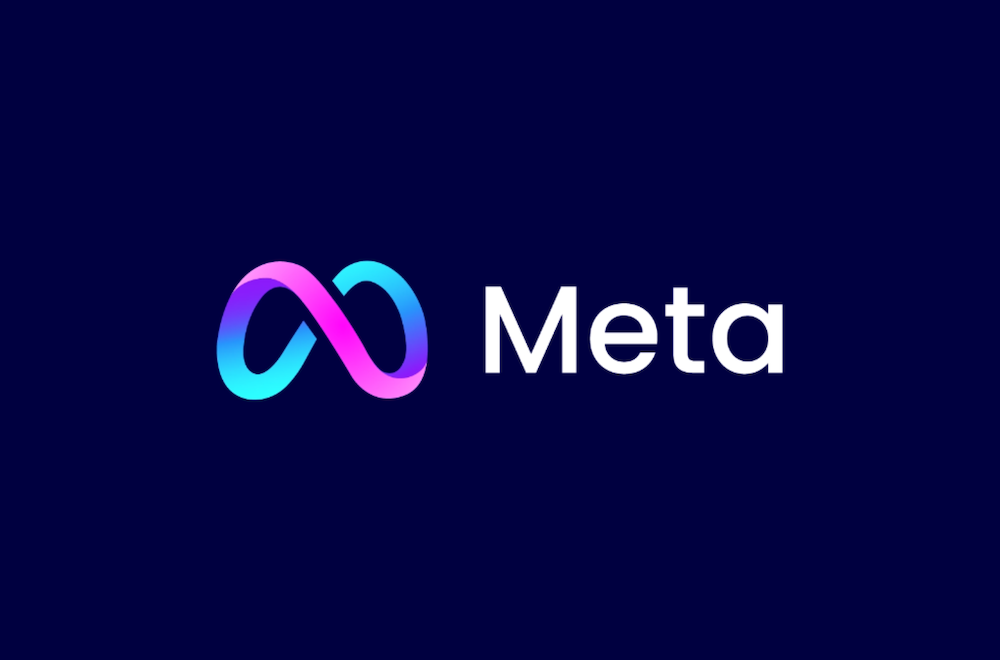Could a Meta privacy settlement signal a major shift for UK advertisers?
Meta, the parent company of Facebook and Instagram, has agreed to cease targeting a UK citizen with personalised advertisements, settling a significant privacy lawsuit that could trigger widespread changes for millions of users and, crucially, UK advertisers.
The settlement, reached with human rights campaigner Tanya O’Carroll, signals a potential precedent that could reshape Meta’s advertising model in the UK.
The core of O’Carroll’s lawsuit, supported by the UK’s Information Commissioner’s Office (ICO), centred on Meta’s alleged breach of UK data laws by failing to respect her right to object to the collection and processing of her data for targeted advertising. The ICO’s backing highlights a growing regulatory push for stricter data privacy, emphasizing users’ right to opt out of personalized ad targeting.
Key Implications for UK Advertisers
The settlement between Meta and Tanya O’Carroll, coupled with the Information Commissioner’s Office’s (ICO) support, signals a potential reduction in the precision of targeted advertising on Meta’s platforms for UK advertisers. This shift implies that reaching specific demographic and interest-based audiences may become more challenging.
Consequently, advertisers will likely need to place greater emphasis on contextual advertising, focusing on placing ads within relevant environments rather than solely relying on user data.
The potential introduction of a paid, ad-free subscription service in the UK, mirroring Meta’s approach in the EU, could further diminish ad reach, as a significant portion of users might opt out of ad-supported experiences.
Furthermore, the ICO’s active involvement indicates an increase in regulatory scrutiny of Meta’s data practices, requiring advertisers to prepare for potential changes in data handling and advertising regulations. To navigate these changes, advertisers will need to prioritise building and utilising their own first-party data for targeted campaigns, especially given the limitations on third-party data.
The combined effect of a smaller available audience and altered targeting methods could lead to increased advertising costs on Meta’s platforms. Finally, the reduction in personalised data usage may complicate the measurement and attribution of advertising campaign effectiveness.
The Bigger Picture
O’Carroll’s “victory” and the ICO’s support underscore a growing public demand for greater control over personal data. In addition, a shift away from pervasive surveillance advertising. Meta’s response, including the potential introduction of a subscription service, indicates a recognition of this changing landscape.
For UK advertisers, this settlement serves as a wake-up call, necessitating a reassessment of their Meta advertising strategies and a greater emphasis on privacy-compliant and user-centric approaches.
Visit me on LinkedIn.
Read more of my blogs.

